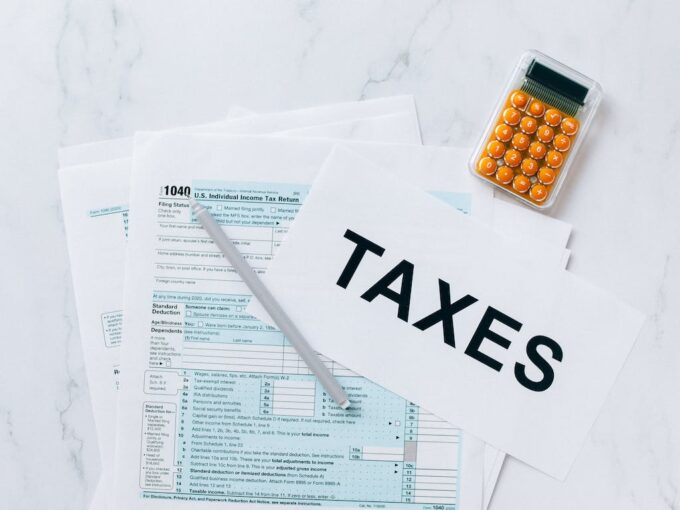Managing your expenses is crucial for achieving financial stability and reaching your financial goals. With a little planning and discipline, you can keep your spending in check and make the most of your income. Here are some essential tips to help you manage your expenses effectively.
Create a Budget
The first step in managing expenses is to create a budget. A budget is a plan that outlines your income and how you intend to spend it. Start by listing all your sources of income, then categorize your expenses into fixed costs (like rent and utilities) and variable costs (like groceries and entertainment). This will give you a clear picture of your financial situation.
Track Your Spending
Keeping track of your spending helps you understand where your money goes. Use apps or a simple spreadsheet to record every expense. Reviewing your spending regularly will help you identify patterns and areas where you can cut back. Being aware of your habits is a key step toward better management.
Prioritize Needs Over Wants
When making purchases, differentiate between needs and wants. Needs are essential expenses, like housing and food, while wants are non-essential, such as dining out or new clothes. Prioritizing your needs ensures that your basic requirements are met before spending on discretionary items.
Set Financial Goals
Establishing clear financial goals can motivate you to stick to your budget. Whether it’s saving for a vacation, building an emergency fund, or paying off debt, having specific goals gives you something to work toward. Break these goals into smaller milestones to track your progress along the way.
Cut Unnecessary Expenses
Review your spending regularly to identify unnecessary expenses. This could include subscription services you rarely use or frequent takeout meals. Cutting back on these expenses can free up money for more important financial goals. Look for alternatives, like cooking at home or sharing subscriptions with friends.
Build an Emergency Fund
Unexpected expenses can derail your financial plans. To prepare for these situations, build an emergency fund with three to six months’ worth of living expenses. This safety net will help you manage unforeseen costs without impacting your budget or going into debt.
Use Cash or Debit Instead of Credit
Using cash or debit cards for everyday purchases can help you stick to your budget. When you pay with cash, you can physically see how much you’re spending, which can encourage you to be more mindful. Credit cards, while convenient, can make it easy to overspend if you’re not careful.
Review and Adjust Regularly
Your financial situation may change over time, so it’s important to review your budget and spending habits regularly. Adjust your budget as needed to reflect changes in income, expenses, or financial goals. Staying flexible ensures that your expense management remains effective in the long run.
By following these essential tips, you can take control of your expenses and build a more secure financial future. Effective expense management is not just about cutting costs; it’s about making informed choices that align with your financial goals.







